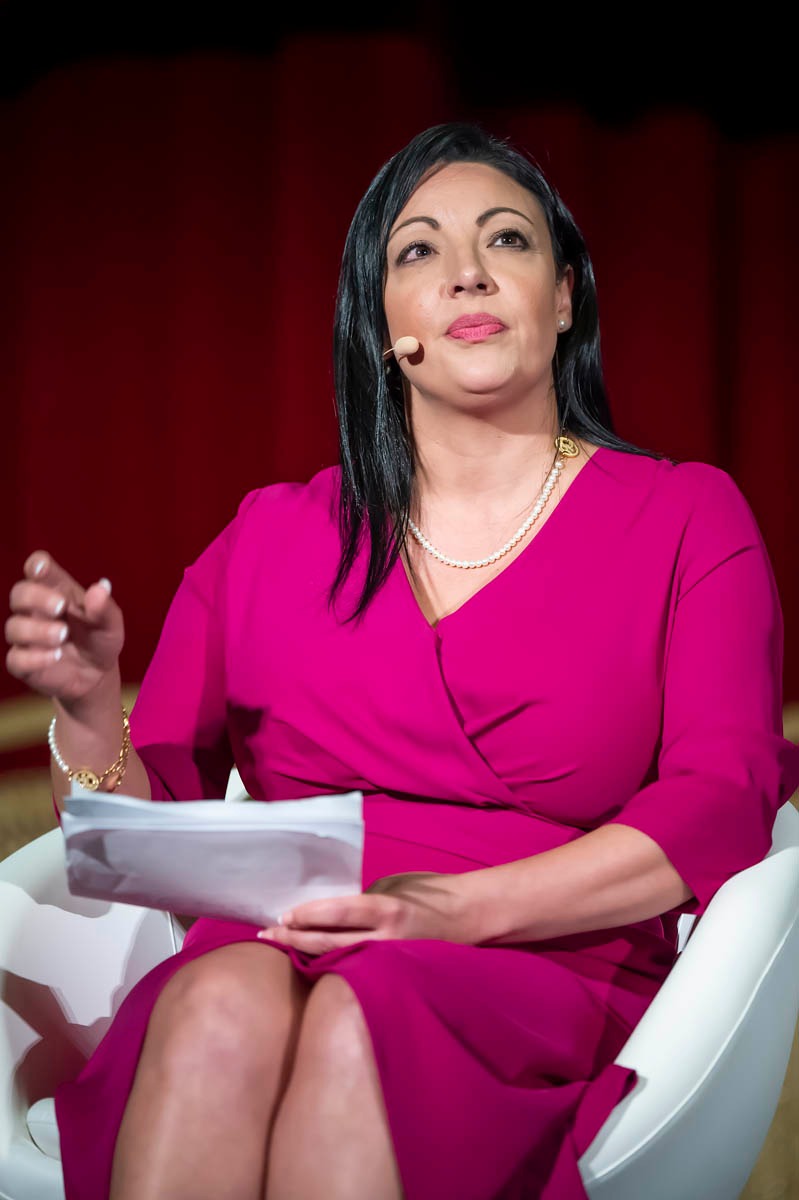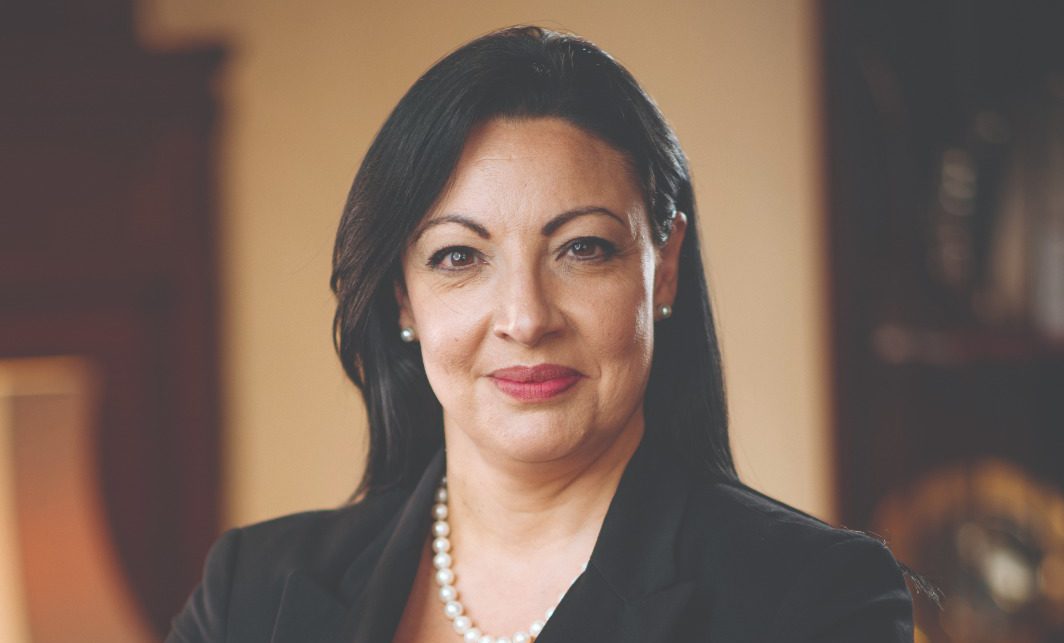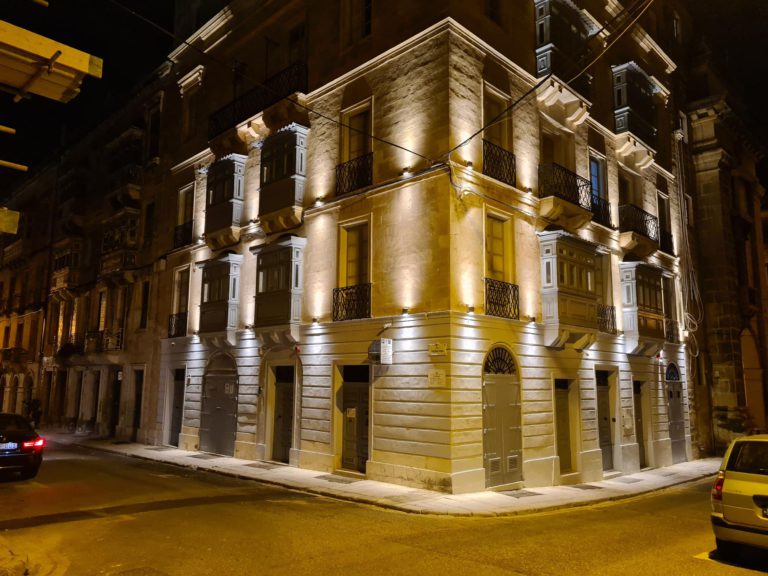As global appetite for an international minimum corporate tax rate has waned, the wait-and-see approach taken by Malta, as expressed by Finance Minister Clyde Caruana, “makes strategic sense”, says The Malta Chamber CEO Marthese Portelli.
International rax reform only occupied the top spot in the agendas of inter-governmental meetings for a brief period, as Russia’s invasion of Ukraine blew up global harmony in dramatic fashion.
Speaking at a recent EY conference where the latest EY Malta Attractiveness Survey was presented, showing that tax reform is the top concern for foreign companies with operations in Malta, the Finance Minister didn’t mince his words.
“The argument keeps cropping up because most of the big [EU] countries – I wouldn’t say they are on the verge of going bankrupt – but their debt to GDP levels are quite worrying,” he said.
It would be a mistake, however, to assume that Malta’s attractive tax regime can continue indefinitely, says Dr Portelli, who believes the current period can be used to study what Malta’s response to any potential international developments will be, “to be prepared for whatever the future may hold”.

Speaking to BusinessNow.mt, the Chamber of Commerce’s CEO does not shy away from acknowledging the central role Malta’s corporate tax structure has had in building Malta’s economy, highlighting its attraction to companies engaged in manufacturing, gaming, IT, and financial services, all of which are largely export-oriented.
“Any changes in the corporate tax structure will need to factor in how we can remain attractive for foreign direct investment, not just in terms of tax but also on broader but equally important factors such as the availability of talent and transport and connectivity,” she says.
“Given that there is a high degree of uncertainty regarding the implementation of tax harmonisation at international level at present, it makes strategic sense for Malta to adopt a wait-and-see approach on taxation for the time being,” she continues.
In her statement at the EY conference, Dr Portelli stressed the importance of Malta having a “Unique Selling Proposition” beyond corporate tax.
“We can remain attractive for FDIs, not just in terms of tax, but in order to do this we must ensure that important factors such as the availability of talent, transport, connectivity and our urban and natural environment are given the attention needed,” she said.
Local tax reform
Foreign governments are not the only ones pushing for tax reform. Local businesses have long complained about the “unfair” situation where they are often forced to compete with foreign-owned businesses typically subject to a five per cent tax rate, while they themselves pay 35 per cent.
In its pre-electoral proposals, The Malta Chamber addressed these concerns, calling on the Government to lower the rate, which it noted is the highest in Europe, to 25 per cent, and redouble efforts to ensure full and prompt tax compliance.
Self-employed, employees and companies contribute €2.1 billion in 2023
Parliamentary data reveals five-year growth trends in fiscal contributions
MFSA concludes review of Crypto-Asset Service Providers following MiCA implementation
The Authority provided clear expectations and guidance to address certain concerns.
Malta Development Bank to launch schemes supporting sustainable development and creative sector
In 2024, the MDB launched the SME Guarantee Scheme and the Guaranteed Co-Lending Scheme






